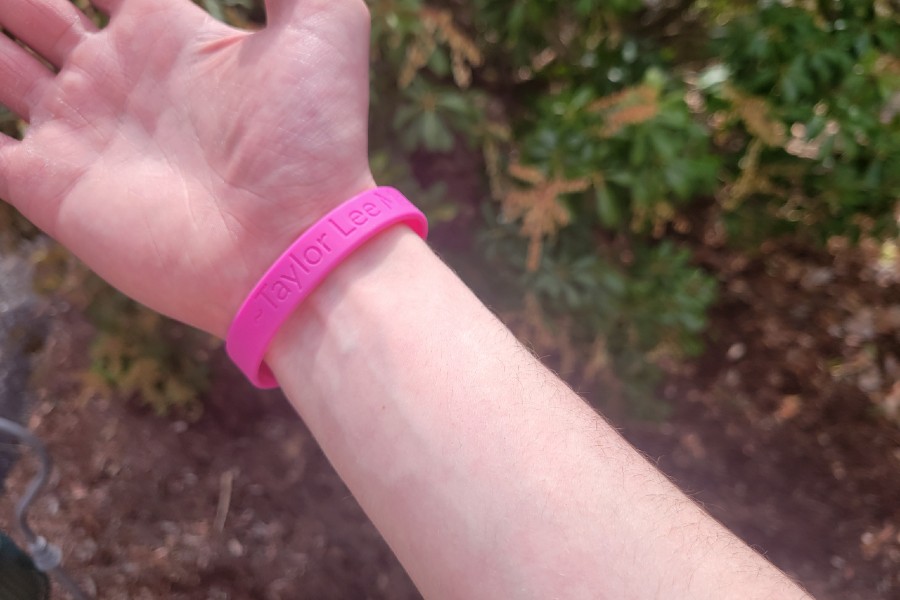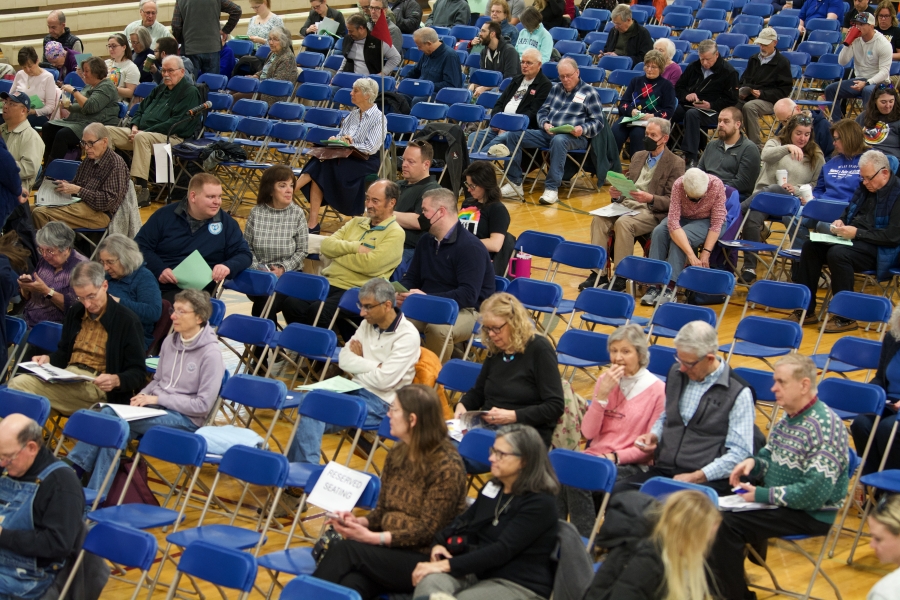The state of Massachusetts adopted a new set of guidelines for health and physical education this September, after a Board of Elementary and Secondary Education (BESE) vote. The new frameworks, replacing the 1999 version, provide more comprehensive standards regarding physical education, and introduces an outline for what an LGBTQ+- friendly curriculum should include.
Topics that are to be discussed with students include mental and emotional health, personal safety, physical health and hygiene, healthy relationships, nutrition, physical activity and exercise, substance use, sexual health, and community and environmental health.
According to Health/Wellness Curriculum Coordinator Brian Roark and health teacher Melanie Jozokos, WA’s freshman-year health class already covers most of these topics.
“We try to make it an all-inclusive curriculum,” Jozokos said. “I feel like we’re ahead of the game. […] We’ve worked pretty hard to include all those things. The only one I think we could probably use some more work on is environmental health.”
A big change state-wide, however, is the acknowledgement and inclusion of how instructors should handle topics related to sexuality, gender, and gender expression for older students.
The 2023 framework contains guidelines on how students should learn to show courtesy and respect for those with different sexual orientations or gender identities. Additionally, it introduces the lesson of encouraging students to refrain from teasing or bullying others based on sexual orientation or gender identity [8.7.SH]. Neither of these topics was mentioned in the 1999 framework.
“[The 2023 framework] provides access points for every district within the Commonwealth to be able to address the needs they have, and provides the tools that districts need,” Roark, who had a part in creating the new frameworks at the state level as a review panelist, said.
Jozokos and Roark went on to add that although WA won’t have to update much of its syllabus, the new rework is like an update for the ever-changing subject that is health education, owing to factors like social awareness.
“We can have students here that are from very progressive homes where things are talked about and we also have students who are very […] young for their age, and [differences] in what their families believe in. We want to make sure we’re respecting everybody as well,” Jozokos said.
Indeed, the updated curriculum is intended to extend far past a health class. It aims to teach students about how to live a healthy life beyond high school and within home and personal environments. For this, Gender-Sexuality Alliance (GSA) advisor Beth McGregor sees the 2023 framework as a much-needed change of pace for Massachusetts and Westford as a whole.
As the advisor for GSA, McGregor appreciates the emphasis on gender and sexuality, and how they are acknowledged in a way in which voices of students who are part of the LGBTQ+ community can be heard.
Ultimately, even if WA will not have to alter much of its pre-existing health course, both Jozokos and Roark are looking forward to the even playing field that BESE has created for all districts in Massachusetts. With the new framework providing a way to teach LGBTQ+-related topics, Roark and Jozokos see it as a step forward that is part of a bigger movement within WA that aims to make the school a more inclusive place for students.
“Students from the LGBTQ+ community oftentimes have high rates of depression and suicide, Jozokos said. “We want to make sure that those are things that we mention and let students from those different groups know that we have resources here [for them].”








